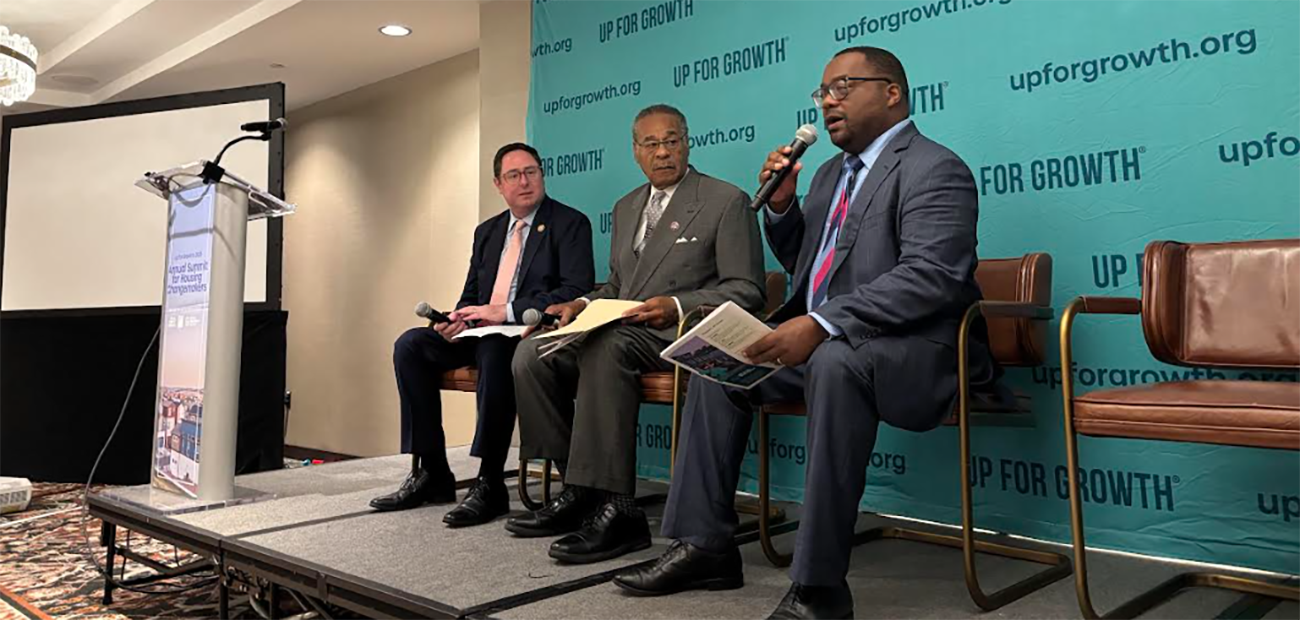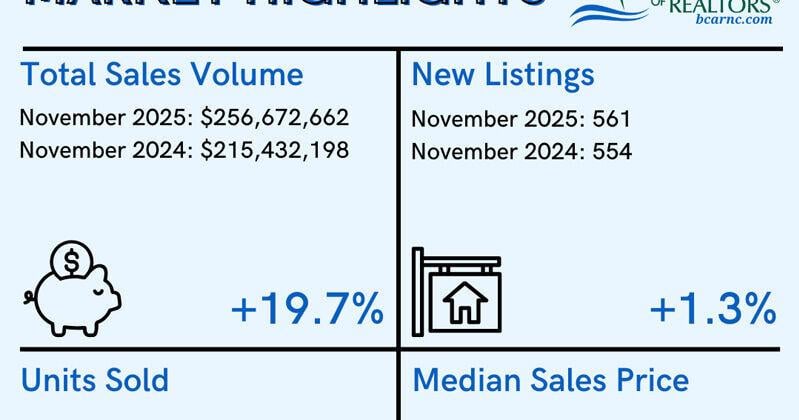A
t the Up For Growth Annual Summit for Housing Changemakers, NAR Vice President of Policy Advocacy Bryan Greene sat beside Representatives Emanuel Cleaver (D‑Mo.) and Mike Flood (R‑Neb.) to discuss the nation’s housing crisis. In recent weeks, Shannon McGahn, NAR’s executive vice president and chief advocacy officer, and senior advocacy staff have met with lawmakers, administration officials, and industry leaders to address affordability, supply, and economic opportunity. On Sept. 19, McGahn and NAR Director of Government Advocacy Ryan Rusbuldt joined Vice President J.D. Vance at a forum that convened housing stakeholders to identify actionable policies. The meeting followed earlier discussions with Treasury officials and the Federal Housing Finance Agency about a potential national housing emergency and the future of government‑sponsored enterprises. NAR remains committed to working with the administration to advance member interests and ensure real‑estate representation in key policy debates.
McGahn underscored the need for federal policies that promote homeownership, increase inventory, and protect property rights. “Families nationwide struggle to find affordable homes, and a generational shortage is pushing first‑time and first‑generation buyers out of the market,” she said. “This is an economic issue, not just a housing one. NAR members are on the front lines across every zip code, and we are calling for bipartisan solutions that build communities and support sustainable growth.” The discussion covered regulatory reform to streamline construction, the impact of interest rates and inflation on affordability, and the growing influence of institutional investors in residential markets.
Rusbuldt also met with Secretary of Labor Lori Chavez‑DeRemer to discuss the importance of independent contractor status for real‑estate professionals. Chavez‑DeRemer recognized that maintaining this classification preserves the flexibility and entrepreneurial freedom that drive agent success and a healthy housing market.
During the summit, Greene moderated a bipartisan panel with Reps. Cleaver and Flood, while also participating in a Congressional Build America Caucus event hosted by Chair Josh Harder (D‑Calif.) and Rep. Laura Friedman (D‑Calif.). The caucus brought together lawmakers and stakeholders—including Mike Kingsella of Up for Growth, Lake Coulson of the National Association of Home Builders, and Alex Armlovich of the Niskanen Center—to spotlight challenges and opportunities in housing development and affordability. Greene highlighted the urgency of bipartisan action and outlined NAR’s 2025 priorities: tax incentives for first‑time buyers, zoning flexibility, and support for rural and underserved communities. “We’re encouraged by the administration, lawmakers, and industry leaders engaging directly with those most affected by the crisis,” he said. “We’ll keep working to keep homeownership part of the American dream.”
Joe Harris, NAR Vice President of Government Advocacy, met with Rep. Cleaver at the Phoenix Awards Dinner during the Congressional Black Caucus Foundation’s Annual Legislative Conference. Harris, along with NAR Director of Government Advocacy Nicole Lindler and Senior Political Representative Elayne Weiss, met House Financial Services Democratic staff to discuss reforms to the HOME Investment Partnerships program championed by Reps. Flood and Cleaver. Rusbuldt and NAR Federal Legislative Representative Raley Wright also met with the House Financial Services Committee and Appropriations Committee to secure funding for essential housing programs and to discuss a standalone NFIP reauthorization bill to prevent a lapse in flood insurance.
To emphasize the urgency of keeping the NFIP operational, NAR issued a targeted call for action, urging federal political coordinators to contact their congressional members and highlight the program’s importance to homeowners. A letter to congressional leadership urged a path forward, whether through a continuing resolution or a standalone extension. “This shutdown puts vital housing programs on hold, creating uncertainty for families, businesses, and markets across the country,” McGahn said. “From mortgage and rental assistance to disaster relief and flood insurance, each day of delay compounds real‑life impacts in America’s housing market, which accounts for nearly 20 % of the U.S. economy.” She added that the NFIP’s lapse has halted new policy issuance, affecting roughly 1,400 property transactions daily and leaving many buyers in high‑risk areas without coverage. “We strongly urge swift passage of a bipartisan funding package to reopen the government,” she urged. “America’s housing sector and the millions who depend on it deserve stability to plan and move forward with confidence.” NAR will continue to engage the administration and lawmakers to advance legislative solutions that end the shutdown and reflect the realities of its members and clients.













